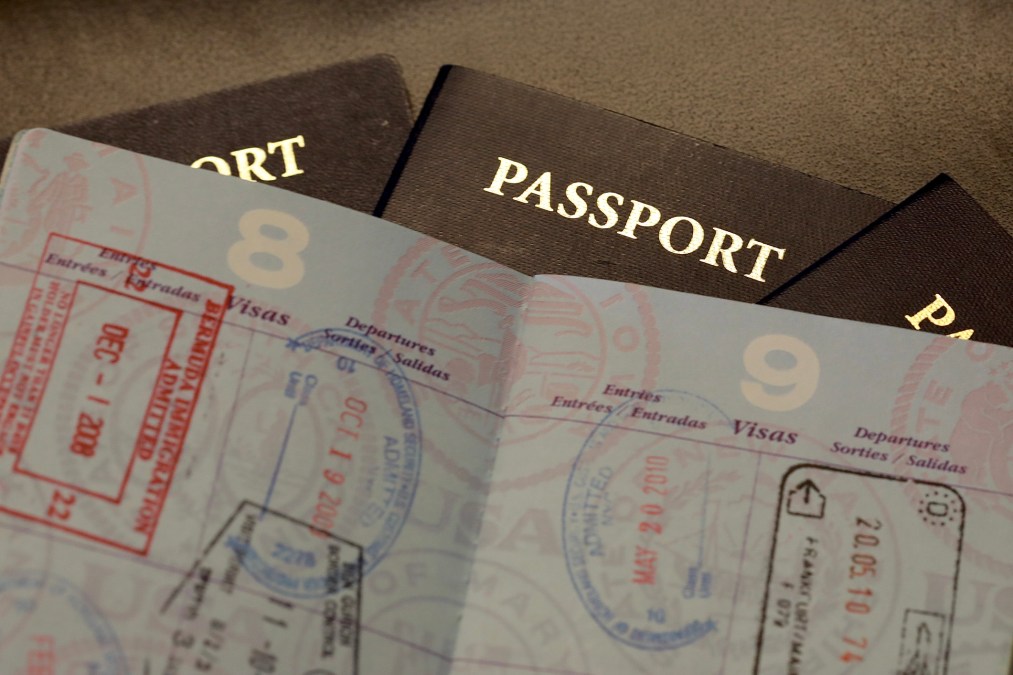Tech upgrades at State passport centers fueled customer service turnaround, GAO says

A post-COVID nosedive in customer satisfaction rates at the State Department’s centralized passport service call center was reversed in part by technology — including through some investments that met digital trickery with an online appointment booking system head-on.
In a report released Tuesday, the Government Accountability Office revealed the results of its examination into how the National Passport Information Center weathered a surge in demand for services in the years following the pandemic, going from a 55% customer service satisfaction score in fiscal year 2023 to a 70% rate in 2024.
As part of its probe, the GAO reviewed documents from the Bureau of Consular Affairs and met with agency officials and representatives from the NPIC, a contractor-operated State Department service with two locations in Phoenix and two others in Michigan. The congressional watchdog also analyzed customer satisfaction survey data collected by NPIC from fiscal 2018 through 2024.
Technology was one of the primary drivers for the turnaround at the NPIC, which faced especially high call volume in fiscal 2023 due to customer misuse of the online booking system for passport processing appointments.
In discussions with State and passport agency officials, the GAO discovered that some people had been booking multiple appointments through that system and then fraudulently selling those slots on social media. Customers would call NPIC offices multiple times with questions about their appointments and even show up to appointments that didn’t actually exist.
Since that nadir, NPIC expanded its staffing capacity, adjusted its training and evaluation processes, and grew its facility footprint. It also added 7,000 phone lines and broadened a call-back assist feature to better handle caller capacity.
On the technology front, the NPIC took aim directly at its appointment booking system, starting with the implementation of two-factor authentication, a change that State said was instituted to make it so each customer was allowed just one appointment per phone number.
“One official at a passport agency told us that two-factor authentication helped decrease the appointment no-show rate from 26 percent to 20 percent,” the GAO reported.
To tackle the problem of individuals reselling appointments, State and NPIC enacted additional customer verification measures that prevented appointments from being passed along from one person to another. The NPIC also addressed no-shows by adopting automated texting for appointment reminders.
The results of those changes, according to the GAO, were staggering: The average wait time for callers to the NPIC dropped from roughly 45 minutes in June 2023 to less than a minute in June 2024.
The State Department, which is taking part in a governmentwide initiative to improve customer experience, is also working on a long-term project called the Transformation Roadmap, a plan aimed at lessening the likelihood of processing delays in the future.
“The roadmap lays out State’s plans to increase efficiencies and avoid future processing delays and defines a strategic goal of reducing processing times,” the GAO noted. The watchdog recommended the department “define milestones and determine the resources needed to successfully implement this plan,” a suggestion to which State agreed.
The State Department last year made its online passport renewal process available to the general public, an expansion that then-Secretary of State Antony Blinken said was part of the agency “embracing digital transformation” to offer a more efficient and convenient experience.
This story was updated July 10 to correct the day that GAO released the report.






